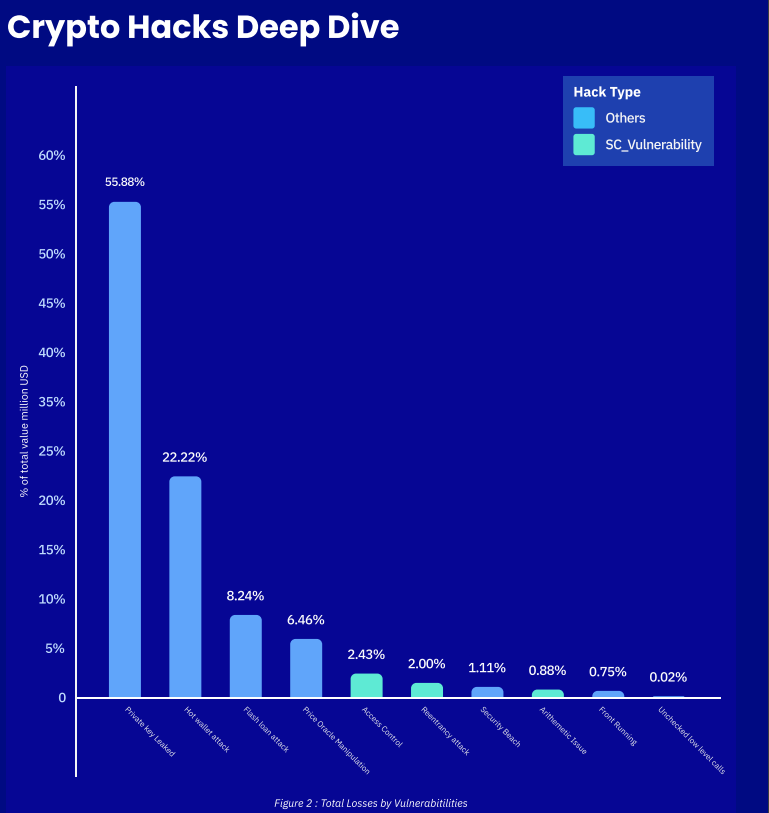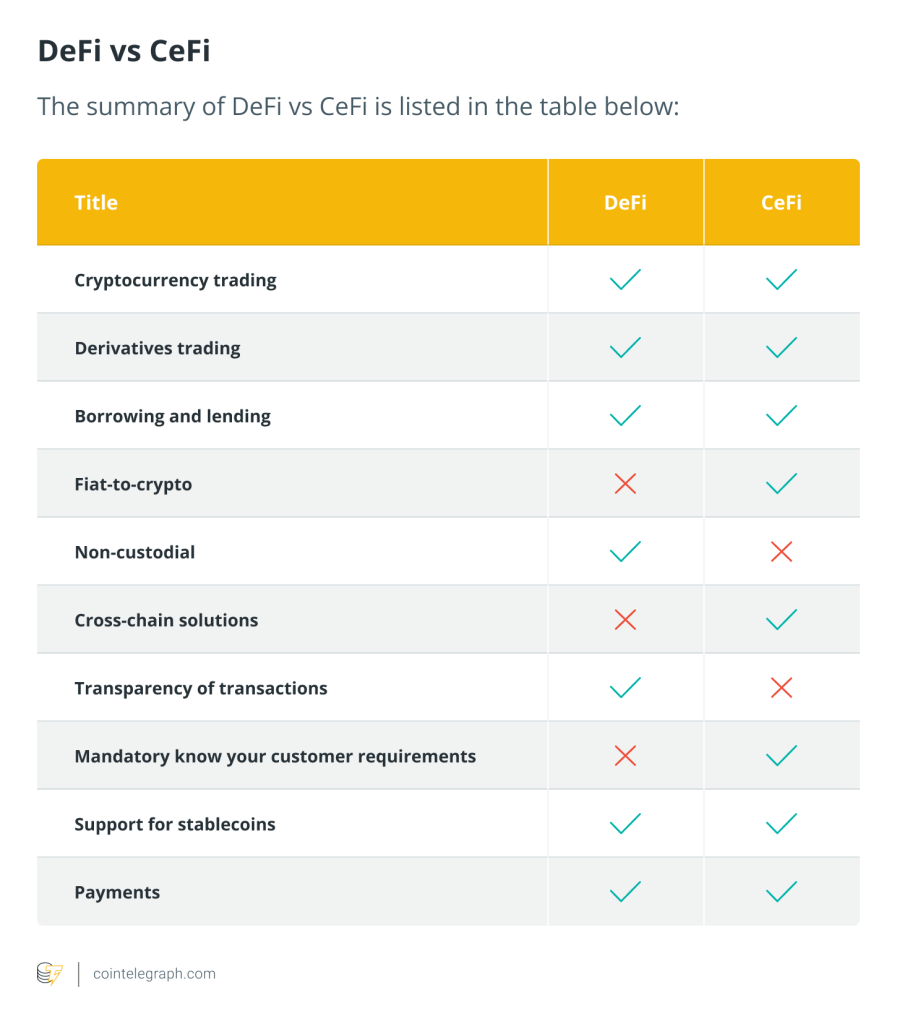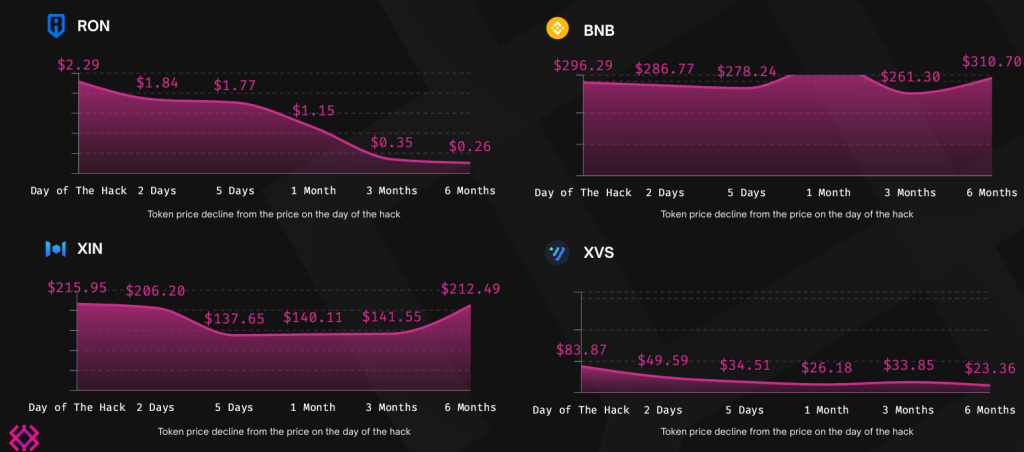Over 70% of hacked funds are lost to CeFi entities — Cyvers

Real-time threat detection and AI integrations could further bolster Web3 security, according to the CEO of Cyvers.

Centralized finance (CeFi) entities are the largest target for cryptocurrency hackers in 2024.
Over 70% of the funds lost through cryptocurrency hacks are stolen from CeFi entities, according to Deddy Lavid, the co-founder and CEO of Web3 security firm Cyvers.
The CEO told Cointelegraph that CeFi entities account for about 70% of incidents both in terms of lost funds and amount of exploits:
“[CeFi] is roughly 70% of the incident landscape. Having said that, attacks against smart contract-based projects are on the rise. The biggest security vulnerabilities today stem from both the code and personal negligence.”
Cyvers has announced a partnership with layer-1 blockchain Arthera Chain to enhance Web3 security by providing real-time threat detection and comprehensive monitoring solutions, according to a statement shared with Cointelegraph.
Related: Neiro memecoin developer makes $2.85M profit after apparent rug pull
Crypto industry needs more holistic security approach
CeFi platforms like centralized cryptocurrency exchanges (CEXs) are being increasingly targeted by hackers.
On July 18, a hacker stole over $230 million from WazirX, an Indian cryptocurrency exchange, in the second-largest cryptocurrency hack of 2024 so far.
To improve these vulnerabilities, the industry needs a more holistic approach to Web3 security, according to Cyvers’ Lavid, who said:
“Addressing these vulnerabilities requires a shift toward a more mature and conscious approach to security. Securing entire networks, not just individual projects, and focusing on both technological and human factors are essential steps in this direction, especially as L2 networks continue to grow.”
Related: WazirX hacker consolidates $57M ETH into new wallets
Will 2024 see more hacks than 2023?
Crypto hackers could be poised for a more lucrative year in 2024 compared to 2023, with hackers stealing $542.7 million worth of digital assets in the first quarter of 2024 — a 42% increase compared to the same period in 2023.
While the success of the hackers will depend on each individual project, artificial intelligence integrations could further bolster Web3 security, according to Lavid:
“With the integration of AI and real-time monitoring, we aim to stay ahead of these threats. The shift toward securing entire networks, not just individual projects, is crucial. This approach, especially within the growing wave of L2 networks, enhances our ability to protect assets and mitigate risks, making it increasingly challenging for hackers to succeed.”
During the past year, smart contract security saw improvements, which prompted hackers to look for easier targets like private keys.

Over 55% of the hacked digital assets were lost to private key leaks during 2023, while smart contract vulnerabilities fell 92% to $179 million in 2023, down from a staggering $2.6 billion in 2022, according to Merkle Science’s “2024 Crypto HackHub Report” report.






Responses